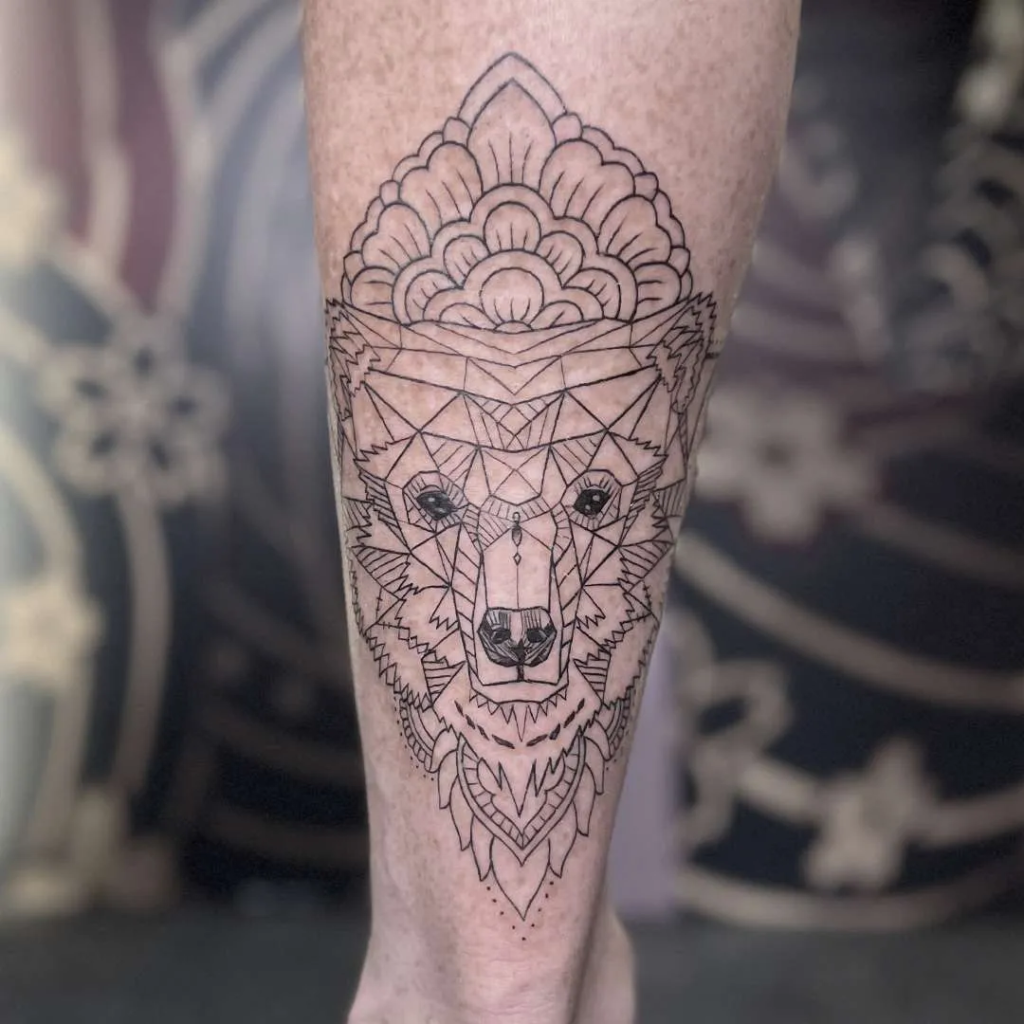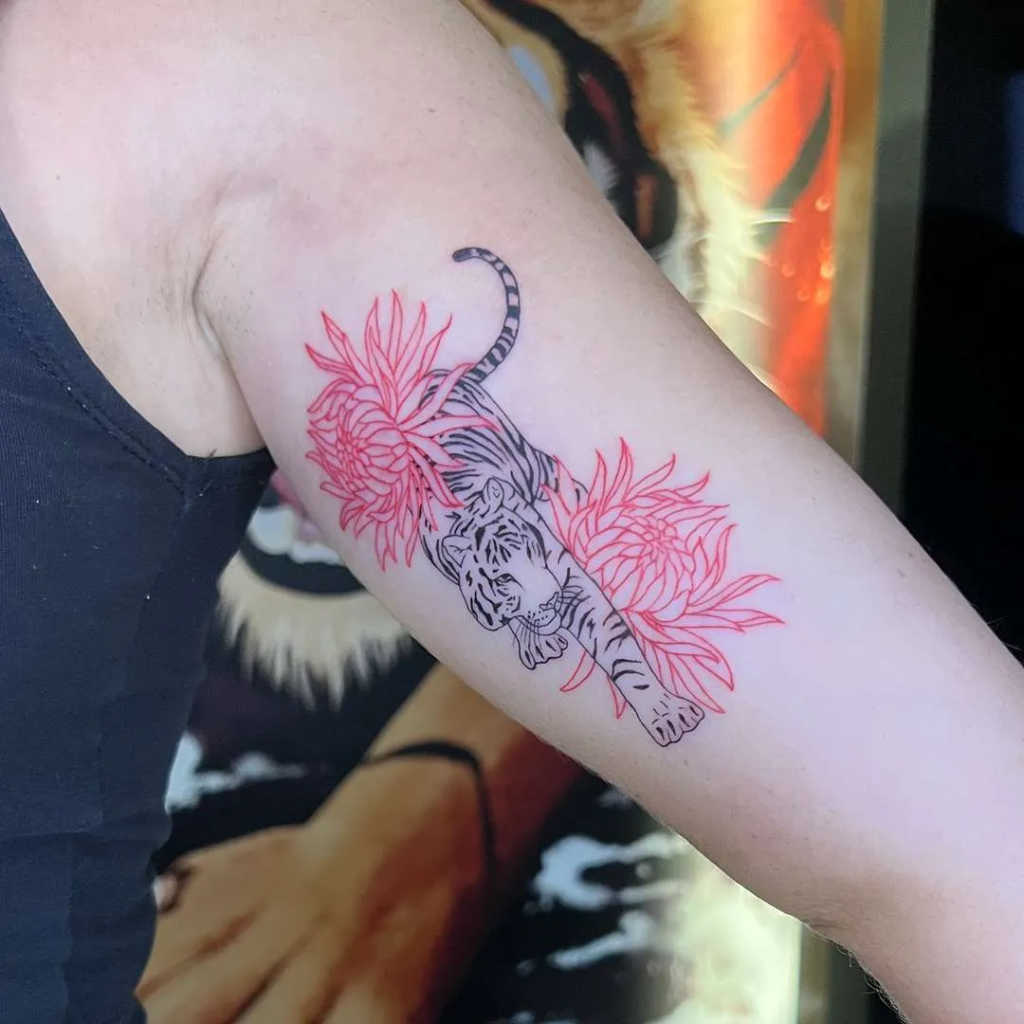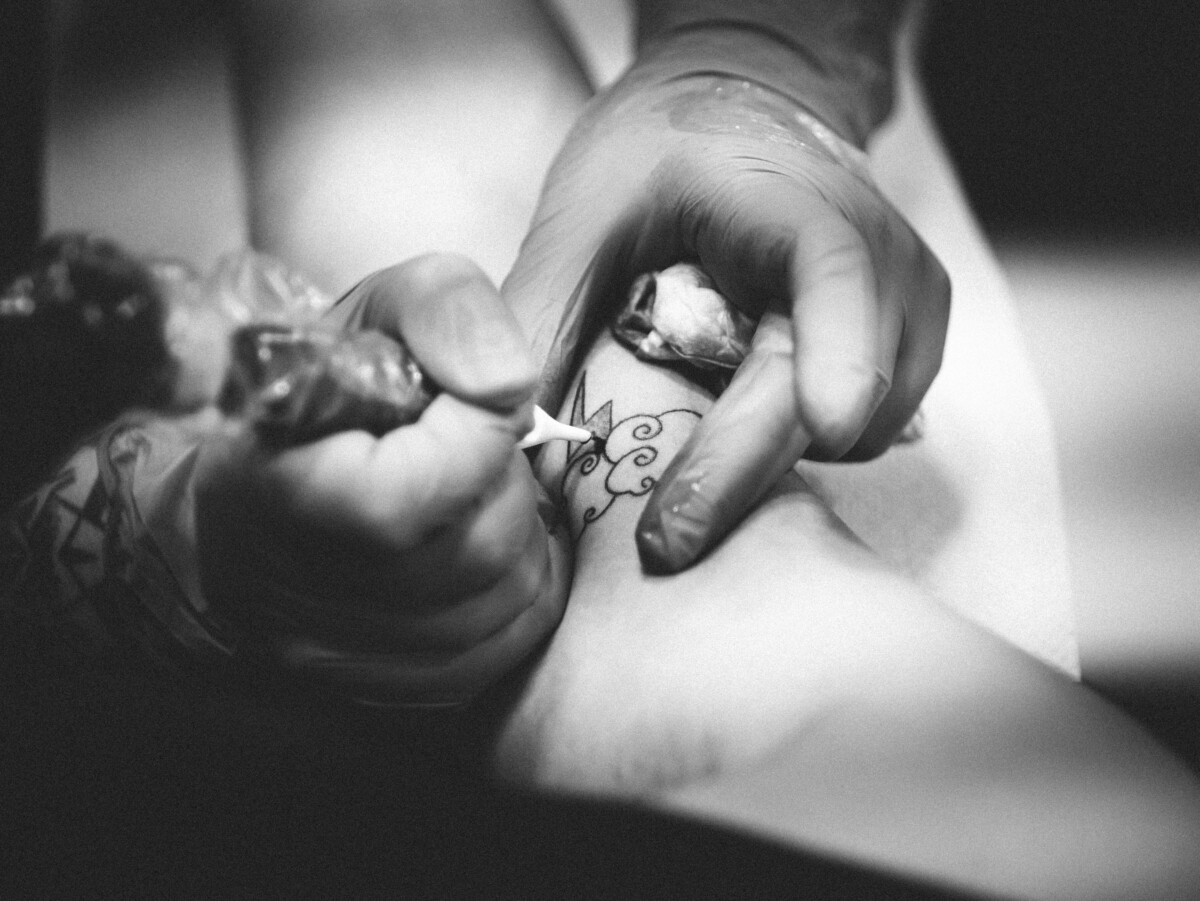In the tapestry of human expression, tattoos have remained a prominent thread for centuries. They are more than just ink on the skin. They’re stories, memories, and reflections of the soul. By delving into the world of tattoos, we can catch a glimpse of the human psyche in its rawest form.
The History of Tattoos and Human Expression
The history of tattoos spans across various cultures and eras. Ancient civilizations utilized tattoos for ceremonial purposes, marking rites of passage, or signifying societal status.
- Egypt: The ancient Egyptians inked symbols on their bodies to denote status or as protective talismans.
- Polynesia: The word tattoo is derived from the Tahitian word “tatu,” signifying the art of inserting pigment under the skin.
- Asia: Tattoos have played an essential role in rituals and traditions, from India’s henna designs to Japan’s Yakuza tattoos.
The inked markings of our ancestors were more than mere decorations. They were deeply ingrained symbols of identity, spirituality, and social structure like these Bali tattoos.


The Psychological Motivations Behind Tattoos
Tattoos often carry a manifestation of inner feelings, emotions, and experiences. Some common psychological motivations include:
- Commemoration: Many choose to tattoo the name or likeness of a loved one to keep their memory alive.
- Empowerment: Tattoos can mark overcoming significant challenges, symbolizing resilience and strength.
- Identity: Tribal tattoos or symbols of cultural significance can denote belonging and identity.
Decoding the Ink: Popular Tattoo Themes and Their Psychological Implications
- Floral Tattoos: Often represent growth, nature, and life. They might be chosen by individuals going through a transformative phase.
- Animal Tattoos: They can symbolize traits or attributes the individual admires, such as the bravery of a lion or the freedom of a bird.
- Nautical Tattoos: Anchors, ships, and compasses frequently signify stability, adventure, or finding one’s way in life.
Each tattoo, like a fingerprint, is unique, offering insights into the wearer’s psyche and life journey.
The Healing Power of Tattoos
For many, the process of getting a tattoo holds therapeutic value. It’s not uncommon for individuals to ink their bodies following traumatic experiences, signifying healing, recovery, and acceptance.
- Overcoming Illness: Symbols like the semi-colon or specific dates can denote milestones in health recovery.
- Honoring Loss: Portraits or significant dates can help individuals commemorate and honor those they’ve lost.
- Marking Change: Significant life changes, like coming out, divorce, or spiritual awakenings, might be marked with ink.
The Artistic Expression in Tattoos
In the world of art, canvases come in various forms, and for tattoo artists, the canvas is human skin. Tattooing is an intimate form of artistry, one that requires collaboration between the artist and the individual.
- Custom Designs: Many opt for custom pieces, reflecting personal stories and emotions.
- Traditional Styles: Others might prefer traditional styles that hold cultural significance or follow particular aesthetics.
- Innovative Techniques: With the rise of technology, new techniques like 3D tattoos or UV ink designs are emerging, pushing the boundaries of artistic expression.
Conclusion
Tattoos, in their myriad forms and designs, offer a unique window into the human psyche. They tell tales of triumphs, tragedies, love, loss, and everything in between. As society evolves, the art and perceptions of tattoos will undoubtedly transform, but their essence as a testament to the human experience will remain.


